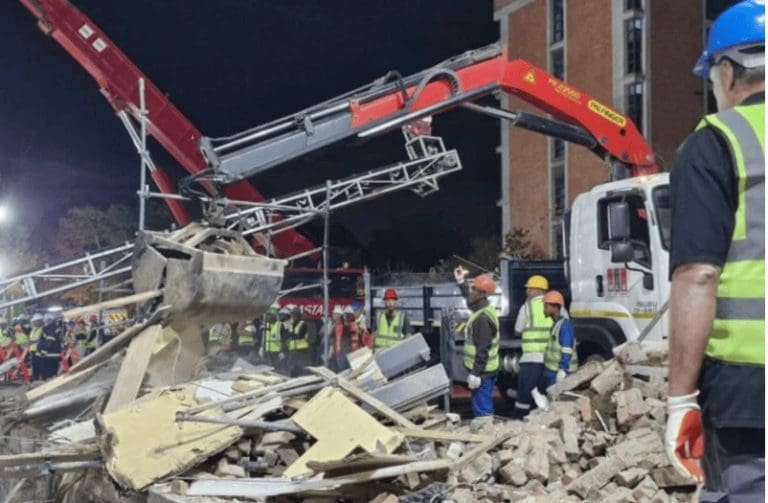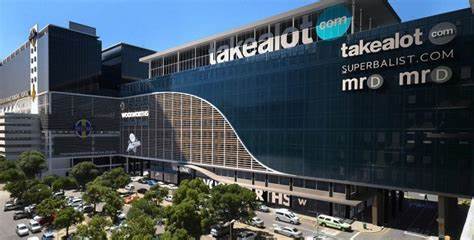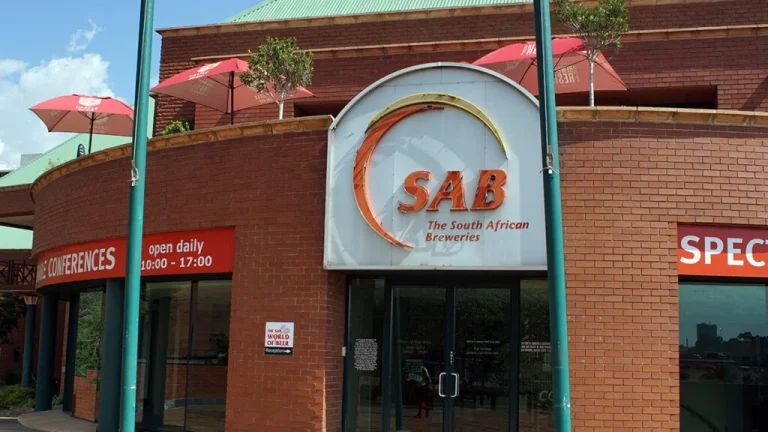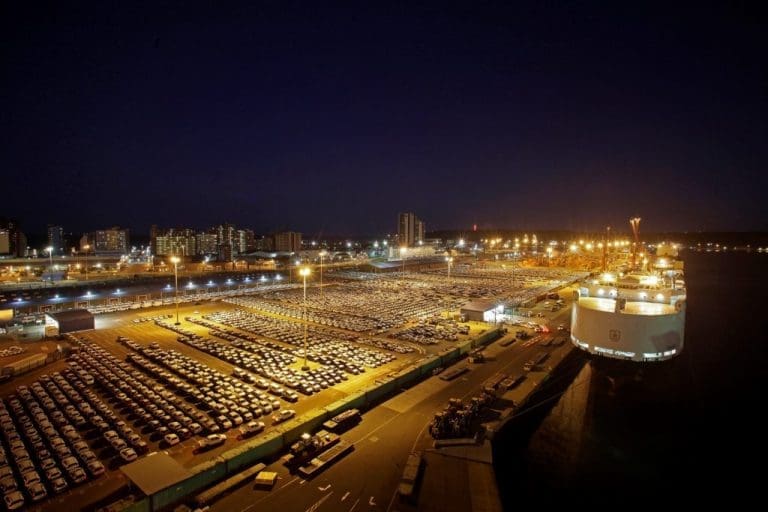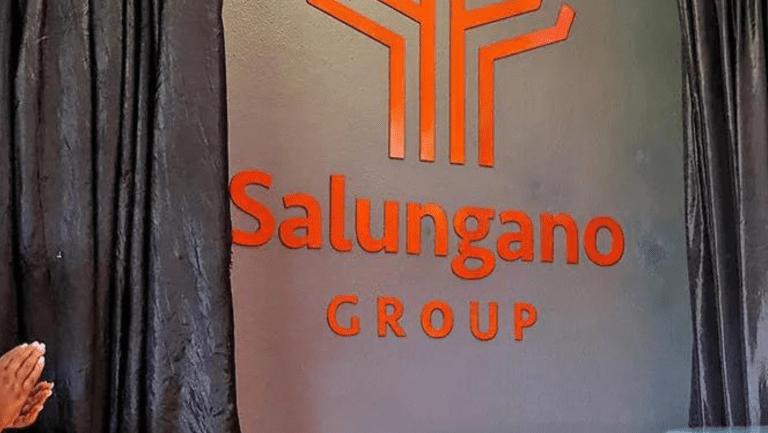The seismic shift towards hybrid work arrangements, catalyzed by the Covid-19 pandemic, is not merely a temporary phenomenon in South Africa. As companies and employees alike embrace greater flexibility in their work setups, the country’s commercial real estate sector is undergoing a profound transformation. From declining office space vacancies to the rise of suburban and rural property demand, the contours of South Africa’s urban landscape are being redrawn.
Hybrid Work: A Catalyst for Change
Cobus Odendaal, representing Lew Geffen Sotheby’s International Realty, underscores the lasting impact of hybrid work dynamics on South Africa’s workspaces. The paradigm shift towards remote work is not only reshaping office configurations but also redefining the relationship between workplaces, communities, and retail spaces. In major US cities, the trend towards coworking spaces and flexible office arrangements is gaining traction, foreshadowing a similar evolution in South Africa’s urban centers.
Decentralization and Office Downsizing
The reduced reliance on centralized office locations has prompted companies to reassess their office needs, leading to downsizing and a surge in vacancies. With fewer employees commuting daily, businesses are exploring smaller commercial hubs closer to residential areas. Consequently, urban cores once bustling with office buildings are witnessing a surplus of vacant spaces. This trend presents both challenges and opportunities, as structures are repurposed into mixed-use developments integrating office spaces with residential, retail, and recreational amenities.
Rural and Suburban Renaissance
Simultaneously, suburban and rural areas are experiencing a resurgence driven by remote work. As telecommuters seek larger homes with dedicated office spaces and access to green environments, demand for housing in suburban communities is escalating. Cobus Odendaal highlights the burgeoning interest in secure lifestyle estates on the outskirts of major cities, offering a blend of rural tranquility and urban conveniences.
Office Sector Resilience Amidst Change
Despite the push for hybrid work models, South Africa’s office sector has recently witnessed positive developments. The FNB Property Broker Survey for Q1 2024 reveals a decline in aggregate vacancy rates across all commercial property classes, including offices. John Loos from FNB emphasizes the significance of this trend, particularly for office landlords who have grappled with high vacancy rates in recent years.
Factors Influencing Office Vacancies
The normalization of the economy post-pandemic, coupled with landlord leniency and weak economic growth, has contributed to the containment of office vacancies. Office rentals have seen a marginal year-on-year increase, reflecting an inflation-adjusted decline. Furthermore, the subdued economic growth and a significant decrease in office building plans indicate a stalling of the declining vacancy rate in 2024.
Conclusion
The landscape of South Africa’s commercial real estate is being reshaped by the enduring impact of hybrid work dynamics. While the office sector exhibits resilience amidst change, the broader trend towards decentralization and suburbanization is driving transformations in urban planning and development. As businesses adapt to evolving work preferences and lifestyles, the real estate sector must embrace innovation and flexibility to thrive in this new era of work.




